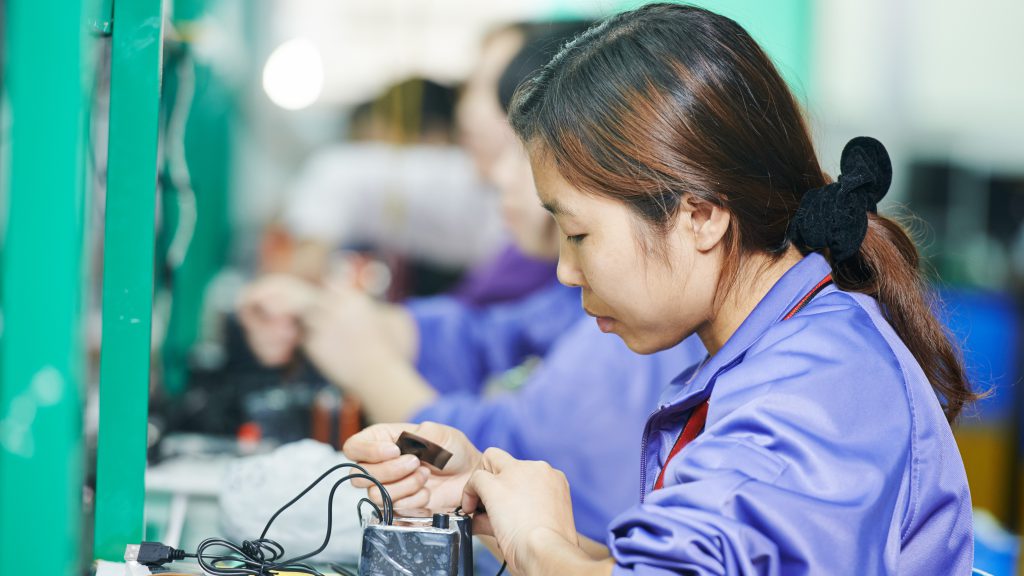
China’s Covid-19 outbreak is suppressing the country’s consumption of cobalt, nickel and lithium by disrupting transportation and cutting battery manufacturing, state-backed research house Antaike said.
Across China, automobile plants have reduced or even suspended production, Antaike said, as cities across the country battled to control the virus.
“There has been a relatively large impact on demand, partly because of a fall in battery orders and restrictions on domestic transportation,” said the research house.
One measure to control infection has been limitation on movement of trucks.
Parts of the new-energy sector concentrated in the Yangtze Delta and southeastern China had been affected severely, Antaike said, without naming the specific products involved.
Some producers of battery materials had slashed production by 15-40%, strongly reducing demand for their inputs, such as lithium, according to Antaike.
Production for other materials had also declined, it said. Output of refined cobalt in April was down 7% on March at 9,700 tonnes, with cobalt sulphate at 5,473 tonnes, down 4.8%.
“If the impact lasts long … it will affect cobalt production, and producers will progressively incur losses while covering high costs,” it said.
Nickel cathode output last month was down 5.9% from March at 11,953 tonnes, Antaike said, but this was largely due to maintenance work by some producers.
Despite current difficulties, the consultancy expects demand for the minerals to recover because factory activity will gradually return and because most vehicle producers are maintaining annual production targets.
It sees London Metal Exchange nickel prices in the near term fluctuating in the range $26,000-35,000 per tonne and lithium prices recovering from current lows.
(By Min Zhang and Dominique Patton; Editing by Bradley Perrett)
Comments